Bishop Doeme told ACN that with the situation almost back to normal at home, it is the rest of the country that now worries him.
“To a large extent we can say that the north-eastern part of the country is more peaceful than other parts, because Nigeria is now in crisis, and we are experiencing a lot of evil forces in our country. You have the Fulani herdsmen attacking Christian communities; you have the bandits attacking communities and taking people away,” the Bishop said.
He added, “The church is not spared. In different parts of the north, priests have been killed. So, the crisis may be subsiding in the northeast, but not in other parts of the north and even in the south.”
The Bishop told the Pontifical charity foundation that as life in Maiduguri returns to normal, the Diocese is tending to the trauma and wounds the terrorists inflicted upon the population. He said that education is the main weapon in this new fight.
“This (education) is a priority for our Diocese, especially for the refugees who have returned,” he said, and explained, “We have taken it upon ourselves to make sure the children get an education, from primary school even, if possible, to university. This is key to defeating Boko Haram. When people have training to secure their livelihood, then they don’t go and kill people.”
(Story continues below)
His Episcopal See, he said, is also concerned about the wellbeing of Priests who have undergone traumatic experiences, and is providing psychosocial support to them.
“One of the programs we have begun is trauma counseling for the Priests. Our Priests were invited to this trauma counseling and they returned very joyful and very thankful. Our female Religion also went and returned strengthened,” he said.
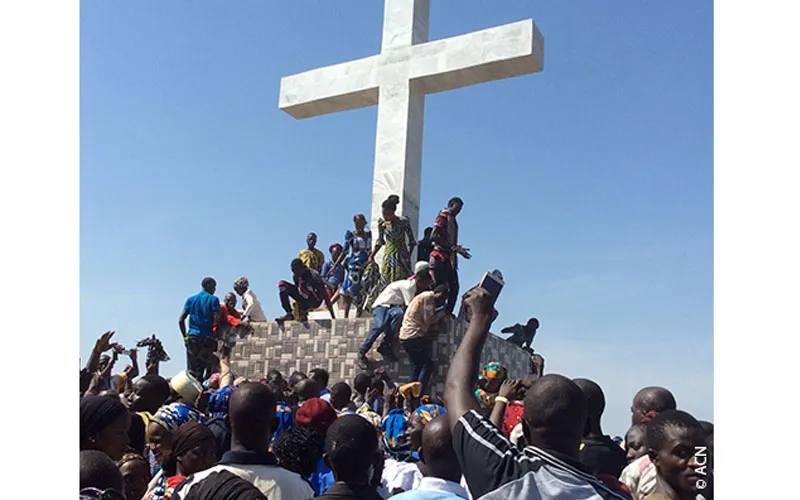 Credit: ACN
Credit: ACN
Bishop Doeme further said that one of the most important areas in which his Diocese has invested, is in promoting forgiveness, especially now that many Boko Haram members are being reintegrated into society.
“On 13 May, the feast of Our Lady of Fatima, we reconsecrated our Diocese to the Immaculate Heart of Mary. People feel spiritually uplifted, and encouraged, and it makes them ready to forgive, because that is a very important component of our care for people,” the Local Ordinary of Maiduguri Diocese told ACN.
He added, “People carry grudges against Boko Haram members who killed their loved ones, but they now have the ability to forgive. They see Jesus hanging on the cross, having forgiven his executioners, and they, too, gain the courage to forgive.”
Agnes Aineah is a Kenyan journalist with a background in digital and newspaper reporting. She holds a Master of Arts in Digital Journalism from the Aga Khan University, Graduate School of Media and Communications and a Bachelor's Degree in Linguistics, Media and Communications from Kenya's Moi University. Agnes currently serves as a journalist for ACI Africa.
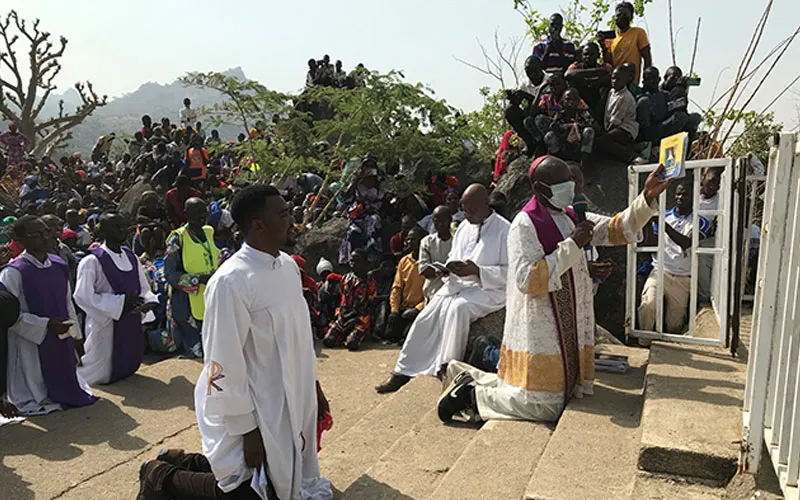 Bishop Oliver Doeme kneeling and praying with the faithful of Maiduguri diocese. Credit: ACN
Bishop Oliver Doeme kneeling and praying with the faithful of Maiduguri diocese. Credit: ACN


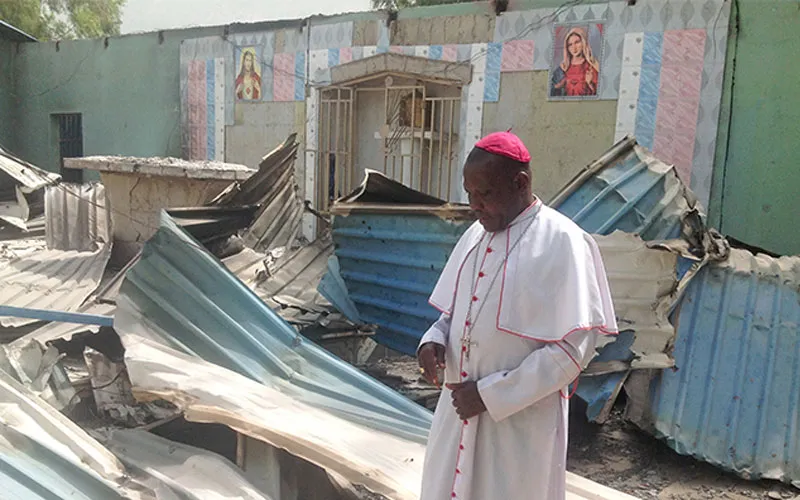
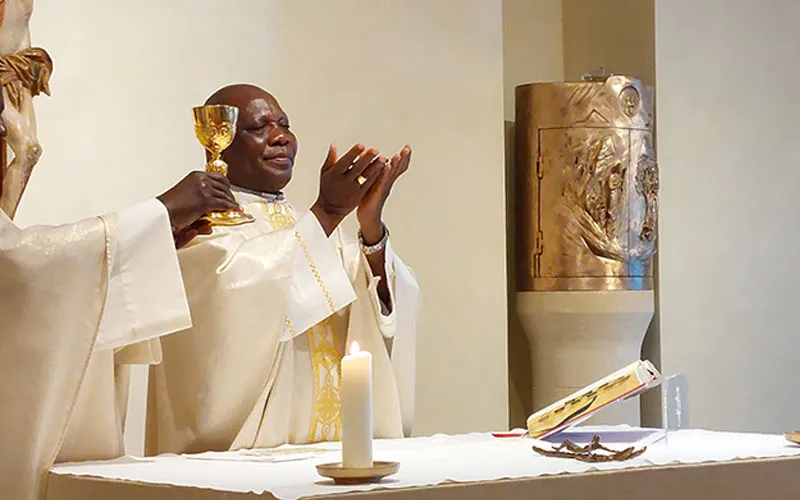 Bishop Oliver Doeme celebrating Holy Mass at the chapel of ACN International headquarters in Germany. Credit: ACN
Bishop Oliver Doeme celebrating Holy Mass at the chapel of ACN International headquarters in Germany. Credit: ACN
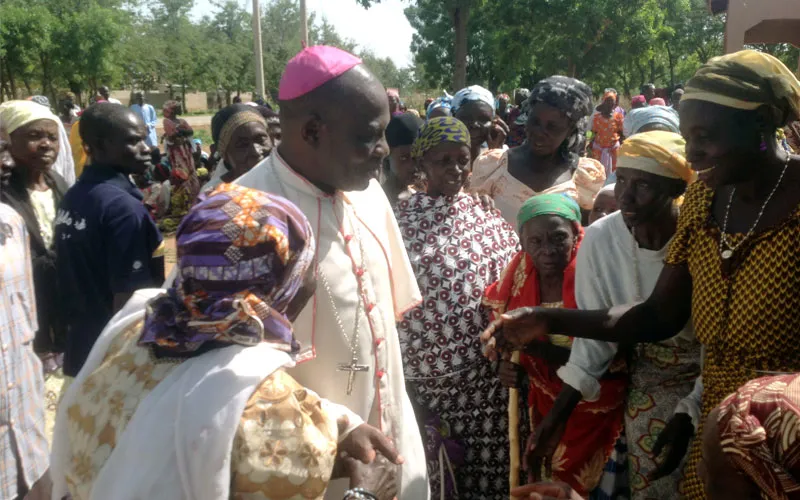 Credit: ACN
Credit: ACN Credit: ACN
Credit: ACN


